Blog – knowledge and best practices
for your way to zero-emission logistics
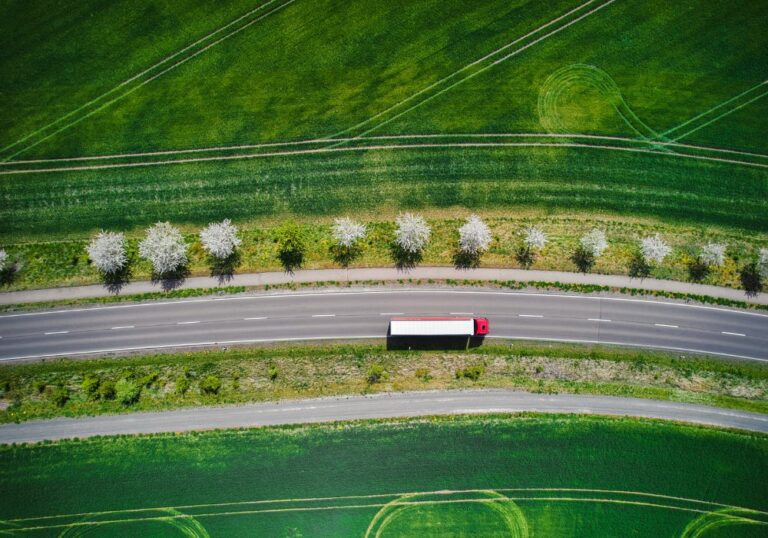
Science-based targets: Setting measurable sustainability goals in transport and logistics
In line with the Paris Agreement, the EU has set ambitious targets for effectively mitigating the damages of climate change. By 2030 all net emissions are to be reduced by 55%. For the transport and logistics sector a number
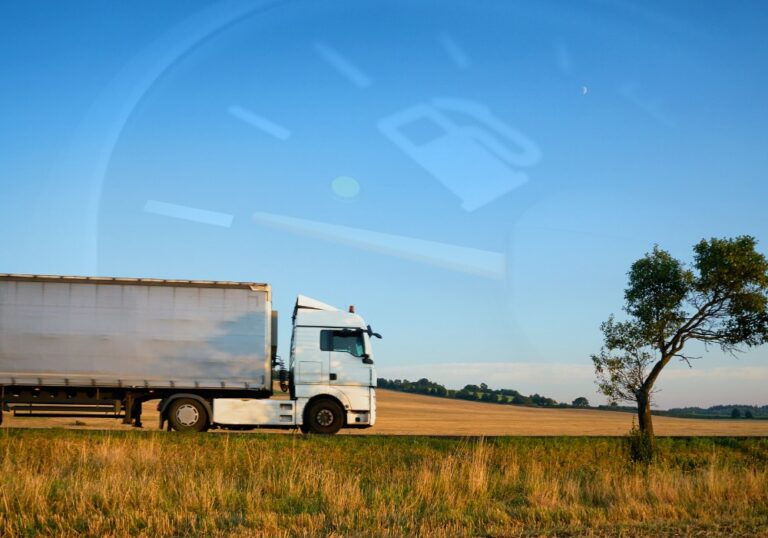
Why primary data is crucial for measuring CO2 emissions in transport and logistics
Transport emissions are a major contributor to global greenhouse gas output, around 21%[1] globally, 25% in Europe[2] and 28% in North America[3]. Freight transportation accounts for roughly 30% of this emissions share. Accurate emissions calculation is crucial for effective
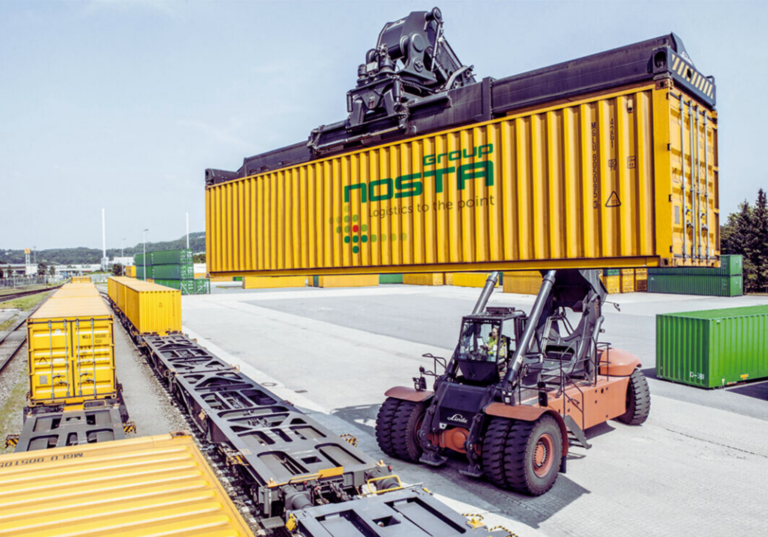
NOSTA – gaining CO2 transparency as a full-service logistics provider
“We do not want our carbon footprint to be a marketing figure of which nobody knows exactly how it has been composed. We want to be able to show transparently where NOSTA stands and feel comfortable communicating the data
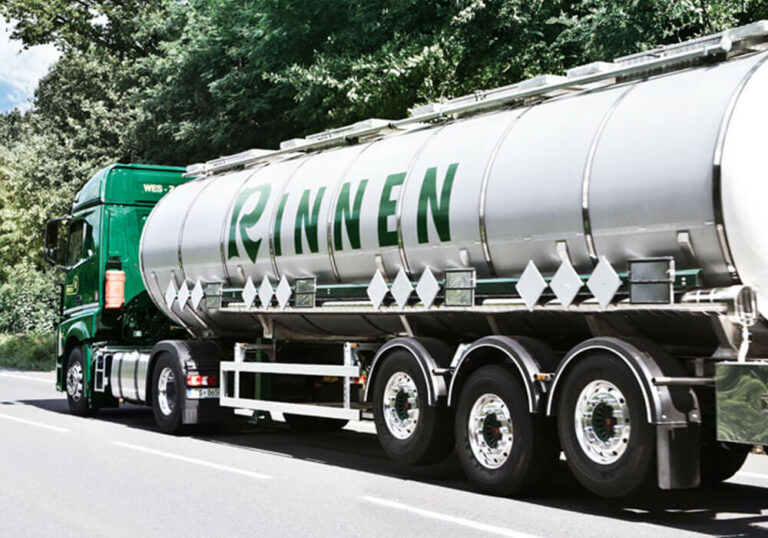
RINNEN – Reducing CO2 emissions as an integral part of the corporate strategy
“At RINNEN, the topic of sustainability is an essential part of the company’s orientation – with the aim of measuring and reducing emissions in a standardized way. We looked for an external partner because it was important for us
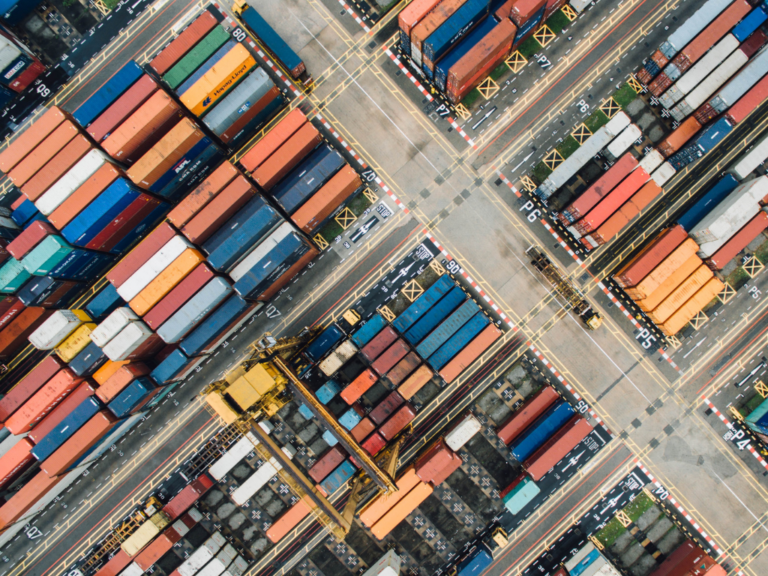
Unveiling CSRD – its ripple effect on transport and logistics
The new Corporate Sustainability Reporting Directive (CSRD) is coming and will, directly or indirectly, affect the majority of transport and logistics companies. We have taken a closer look at what the CSRD is, which companies it concerns, what exactly
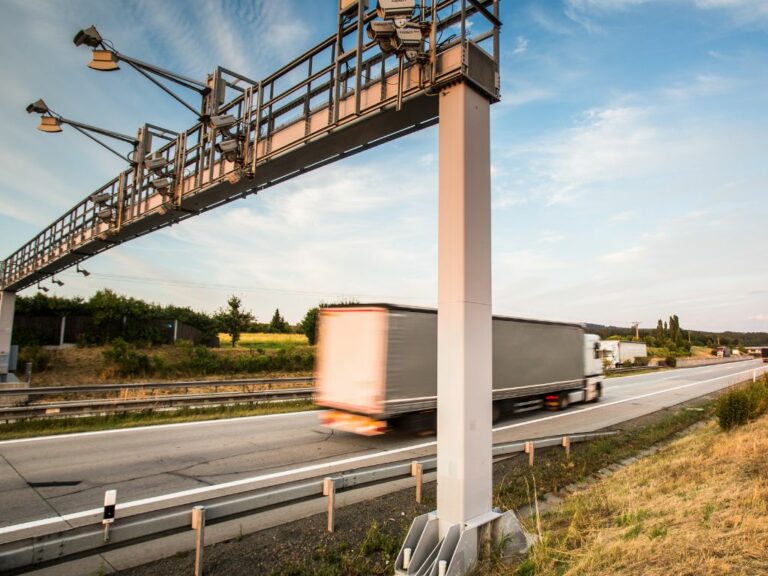
CO2-basierte Lkw-Maut: Zwischen Klimaschutz und Unternehmensrealität
Die Erweiterung der Lkw-Maut um einen CO2-Aufschlag in Höhe von 200 Euro pro Tonne CO2 stellt viele Unternehmen vor erhebliche wirtschaftliche Herausforderungen. Es ist von einer Erhöhung der Mautkosten um 40-83% auszugehen [1]. Der Straßengütertransport trägt in Deutschland mit
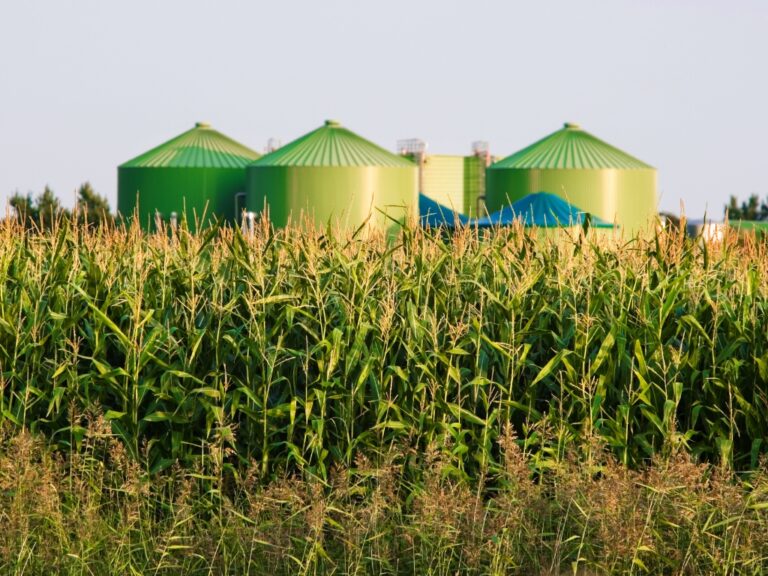
Fueling the future: the promise of biofuels for carbon reduction
Effective action is needed to reduce greenhouse gas (GHG) emissions from road transport, given the Green Deal objective of decarbonization. While other technologies such as battery electric trucks (BET) or fuel cell electric trucks (FCET) still need major development
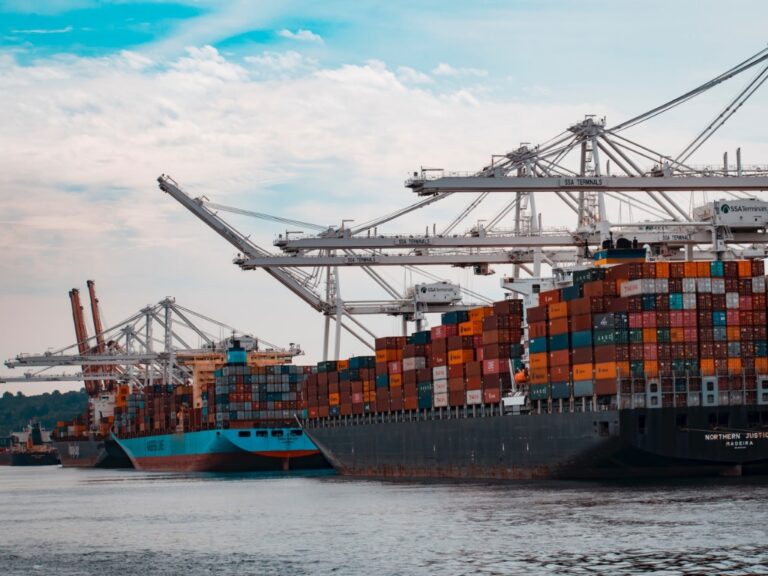
ISO 14083 standard: 5 key insights for precise emissions calculation in transport and logistics
In March 2023, the ISO 14083 standard came into effect, providing a globally aligned approach to quantifying and reporting greenhouse gas emissions in multimodal and global transportation chains. This article looks closely at what the new ISO 14083 standard

Sustainability made easy? Advantages and obstacles of Book and Claim in transportation
The Book and Claim model (B&C) has become the ‘talk of the town’ in the offsetting and insetting debates. In this post, we shed light on this concept while exploring its recent developments, advantages, and obstacles for practical application.
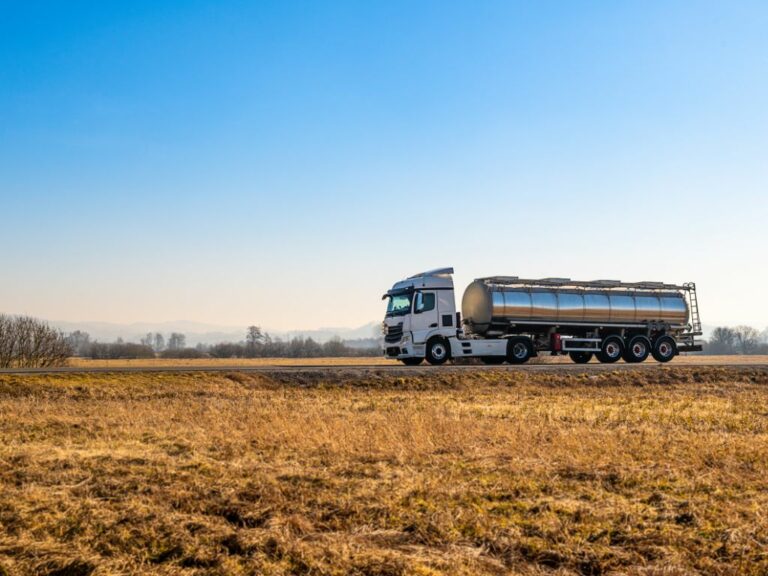
Beyond gasoline: Harnessing biofuels for the green transportation industry
With the heated debate on the combustion engine phase-out for new cars and trucks within the EU, the question of the efficiency of alternative fuels and their role in achieving climate targets once again became a subject of discussion.
Discover more content on machine learning, data management, AI, Microsoft Azure and more on our blog on Medium.
Begin your carbon reduction journey with shipzero
Use your data to effectively measure and reduce transport emissions

Bentje Lefers
Commercial Director

